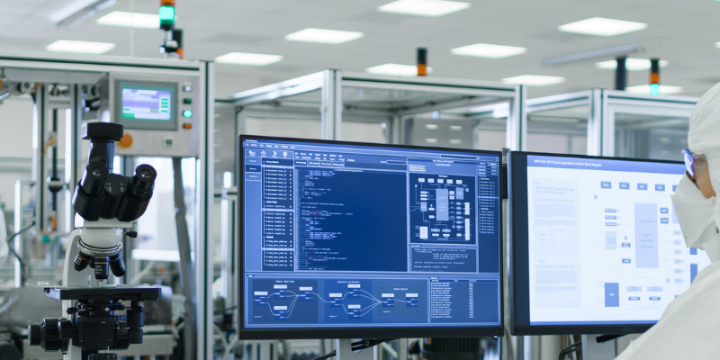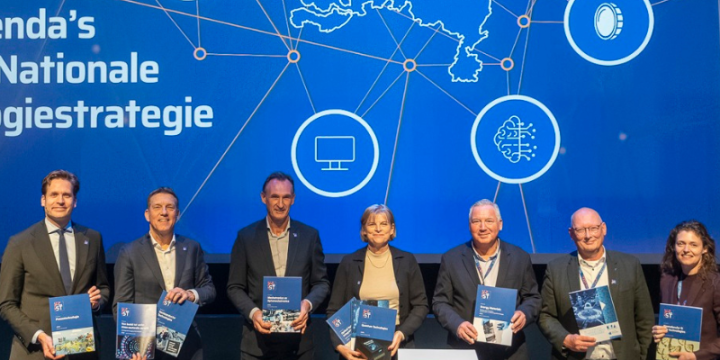Dutch universities (Universiteiten van Nederland) are introducing a new national standard for intellectual property (IP) agreements for academic spin-offs. These National IP Deal Term Principles 2.0 are designed to significantly accelerate the knowledge valorization process and ensure transparent, consistent, and fair IP deals between researchers, universities, and investors. This will significantly shorten the transition from groundbreaking research to societal and economic impact.
The Netherlands has a high international reputation for science, but the translation of promising research into the market can be done more effectively. Academic spin-offs play a key role in this: they form the bridge between universities and companies, especially when the risks are too high for existing companies to immediately adopt new technology. The new principles make it easier for researchers, entrepreneurs, and investors to innovate together faster and more successfully.
The refined IP principles are based on experiences with dozens of spin-offs since 2023. They offer a market-based, internationally competitive approach to IP compensation and have been broadened in scope: not only for researchers who leave their employment completely, but also for broader spin-off structures. Universities will be supported with practical tools, including legal documents for spin-off establishment.
Importance for the high-tech sector
This national standard offers a significant boost to the high-tech sector. High-tech innovations, from advanced semiconductor technology to photonics, mechatronics, and quantum, often emerge from leading academic research. Faster and clearer IP agreements make it easier to bring these technologies to market through spin-offs. The new IP Deal Terms thus strengthen not only the Dutch innovation ecosystem but also the international competitiveness of our high-tech industry.





